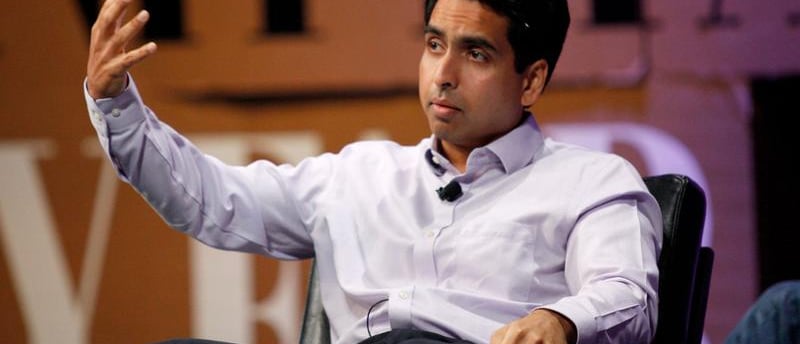Khan Academy CEO Envisions AI as a Team of Five ‘Outstanding Graduate Assistants’ Supporting Teachers in the Classroom Related Khan Academy CEO Envisions AI as Five Graduate Students Supporting Teachers
“Khan Academy CEO Sal Khan predicts AI will transform classrooms by acting like five amazing graduate students assisting teachers—grading, planning, and personalizing learning while empowering human educators.”
SOCIALBLOGGERS
7/7/20252 min read


Khan Academy CEO Envisions AI as a Team of Five ‘Outstanding Graduate Assistants’ Supporting Teachers in the Classroom
The future of education is being reshaped by artificial intelligence, and Sal Khan, founder and CEO of Khan Academy, is at the forefront of this transformation. In recent interviews and public statements, Khan has shared a compelling vision: AI in the classroom will function like a team of four or five “amazing graduate students” assisting teachers—not replacing them, but empowering them to deliver more personalized, engaging, and effective instruction.
AI as the Ultimate Teaching Assistant
Khan likens the coming wave of AI-powered tools to having a small team of highly capable graduate students on call in every classroom. These AI agents will:
Grade papers and monitor student performance
Suggest creative lesson plans tailored to student interests
Identify when students are disengaged or excelling
Provide real-time feedback and personalized support
Communicate insights to teachers and even parents almost instantly
“Imagine if your child’s school district just discovered a billion dollars and hired some amazing graduate students to hang out in the classroom,” Khan said in a recent BBC interview. “These graduate students are going to be on call for the teacher—to help grade papers, bounce ideas, and think of really creative lesson plans”.
AI Will Not Replace Teachers—It Will Make Them More Valuable
Khan is clear: AI is not here to replace teachers, but to make them more effective. The human elements of teaching—empathy, inspiration, and social learning—are irreplaceable. AI will handle time-consuming administrative tasks, freeing teachers to focus on what they do best: building relationships, fostering curiosity, and guiding students’ personal and academic growth.
“Technology has the potential to bridge learning gaps... the key is to use it as an assistant, not a substitute,” Khan emphasized.
Personalized and Proactive Learning
AI tools like Khan Academy’s Khanmigo are already providing real-time, personalized feedback to students, adapting to different learning paces and helping multilingual classrooms thrive. In the near future, AI will:
Plan entire academic years based on curriculum and student progress
Adapt lessons dynamically—for example, switching to games if motivation drops, or diving deeper into topics when students excel
Enable deeper engagement by making lessons relevant to each student’s interests and needs
Addressing Teacher Shortages and Burnout
With many schools facing teacher shortages and increasing workloads, AI teaching assistants can help alleviate strain. By automating routine tasks and providing actionable insights, AI allows teachers to spend more time on creative, high-value activities and one-on-one support.
The Classroom of the Future: Human-AI Collaboration
In Khan’s vision, the classroom of the future will look much like the best classrooms today—active, engaging, and student-centered. The difference? AI will give every teacher the superpowers of time, insight, and personalization.
Teachers will have more time for hands-on activities and classroom conversations
Students will receive support tailored to their individual needs
Parents will get timely updates on their child’s progress
